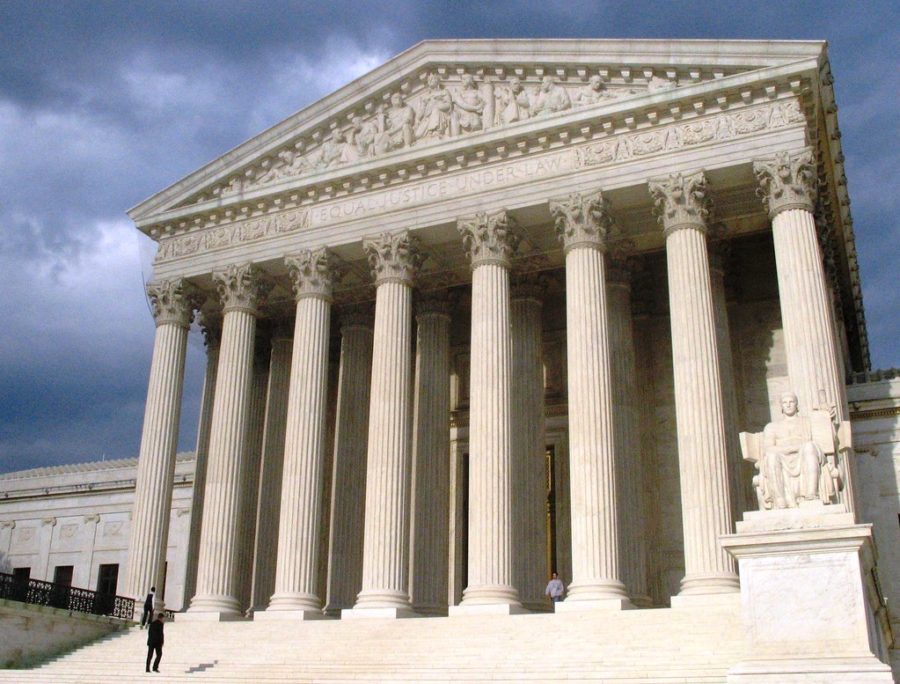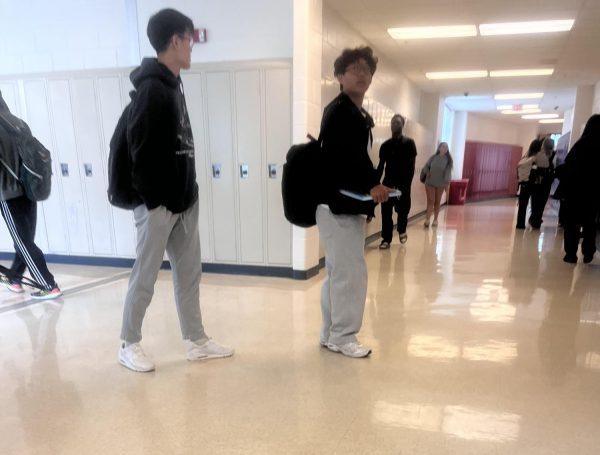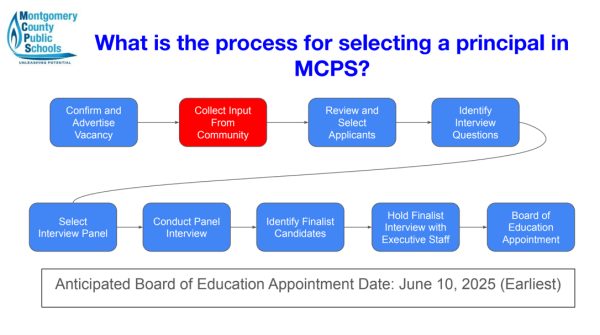Supreme Court expected to strike down affirmative action, likely impacting students’ college decisions
Photo used with permission from Google Creative Commons
The Supreme Court is currently deliberating and will soon decide whether to allow or ban affirmative action from continuing in college admissions.
When students apply to college, it can seem fairly random whether they are accepted, deferred, waitlisted or rejected after months of waiting. The college admissions process and the criteria that colleges use to decide whether to admit applicants have become more and more secretive as admissions become more competitive, especially at top universities.
While students’ parents may have only needed mostly As and participation in a couple of school clubs to get into schools such as Harvard and the University of North Carolina (UNC), that is no longer the case. Now, most top colleges use a process known as holistic admissions to determine whether to admit or deny a student. However, this process means significant subjectivity is involved in the decision-making process, especially when factors such as an applicant’s race can affect whether they are accepted or denied.
For that reason, the Students for Fair Admissions (SFFA) decided to file two separate lawsuits against Harvard and UNC, in hopes of convincing the Supreme Court to eliminate any considerations of race in college admissions. The current expectation among legal experts and credible news agencies such as NBC is that the SFFA will win the lawsuit and affirmative action will be banned from college admissions. “I think getting rid of affirmative action isn’t going to be as helpful as people think because colleges will find some way to work around the Supreme Court’s ruling,” senior Mike Peng said.
However, as students wait for the final decisions from the Court, it is important to understand exactly how these universities use affirmative action and who it benefits or harms when applying. According to documents provided by Harvard in the lawsuit, their holistic approach primarily takes into account eight different factors: personal factors, a counselor recommendation, a recommendation from teacher one, a recommendation from teacher two, an alumni interviewer personal rating, an alumni interviewer overall rating, an academic rating and an extracurricular rating. When keeping all data points aside from race constant and only considering students in the highest academic index decile, African Americans were the most likely to be accepted, followed by Hispanics, Whites and then Asian Americans in order from most likely to least likely to be accepted. “I know Asians are the most disadvantaged group, so I wish I could have seen my application results under a fairer system,” senior Humza Sehbai said.
Even with this lawsuit, the importance of race in admissions is questioned by students, some of whom believe that the process is out of their control, so they should not worry about it. “Although we have a large Asian American population at Wootton, I feel that the decision in this case should not impact students’ approach to the admissions process. It is useless to fret over criteria that are out of our control. Instead, we should focus on making our application the best we can with the opportunities we are presented with,” junior Jai Ahuja said.
Your donation will support the student journalists of Thomas S. Wootton High School. Your contribution will allow us to purchase equipment and cover our annual website hosting costs.
Daniel is a 2023 graduate.







